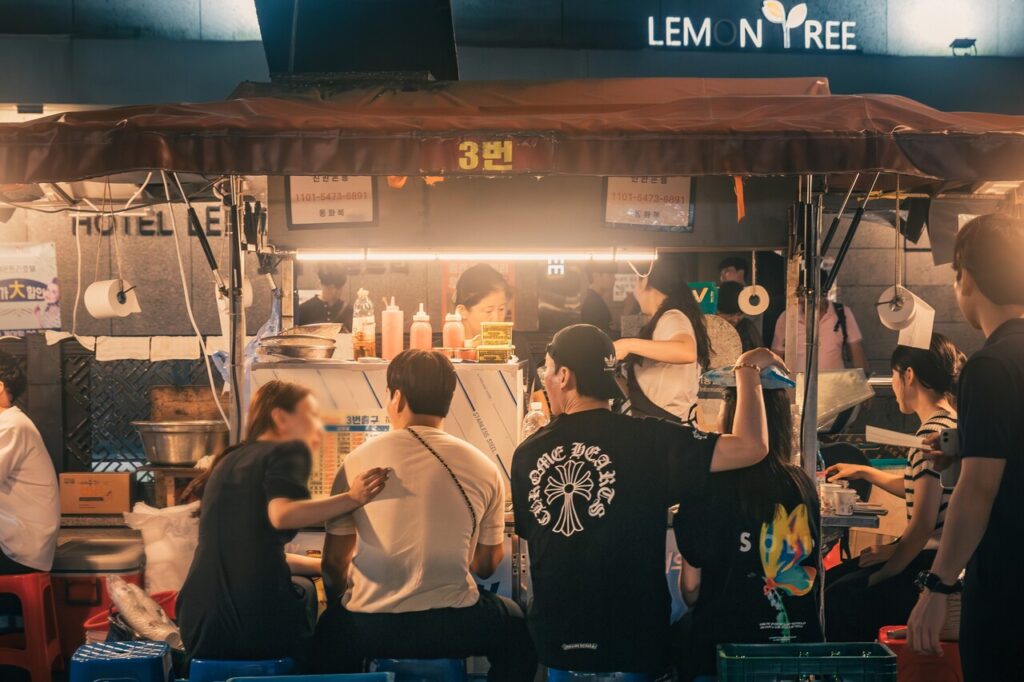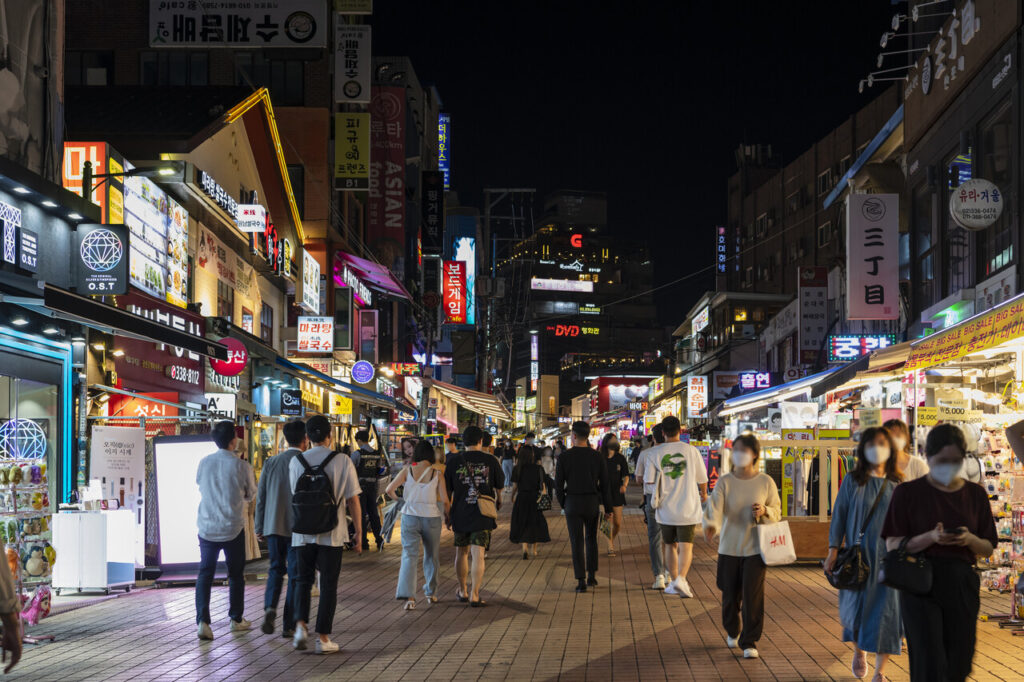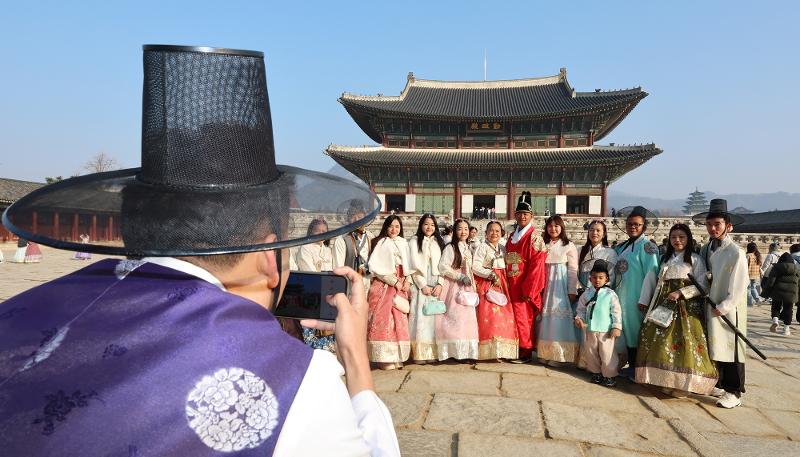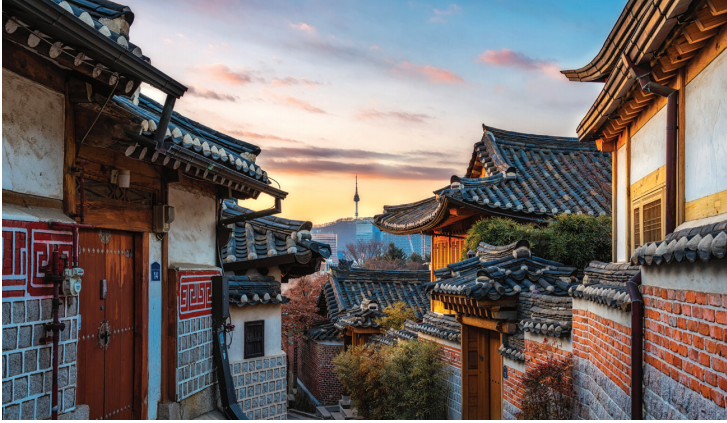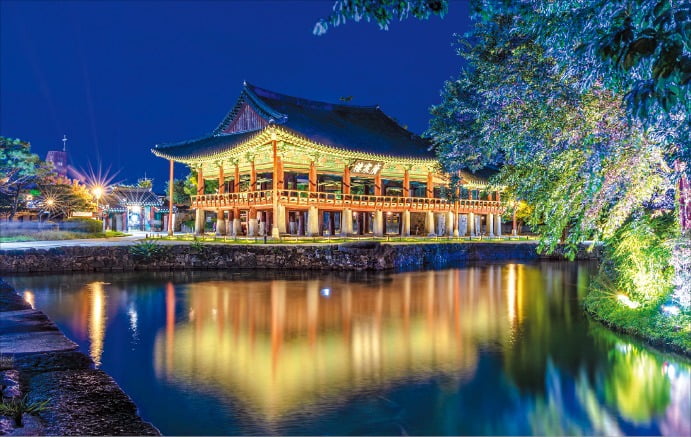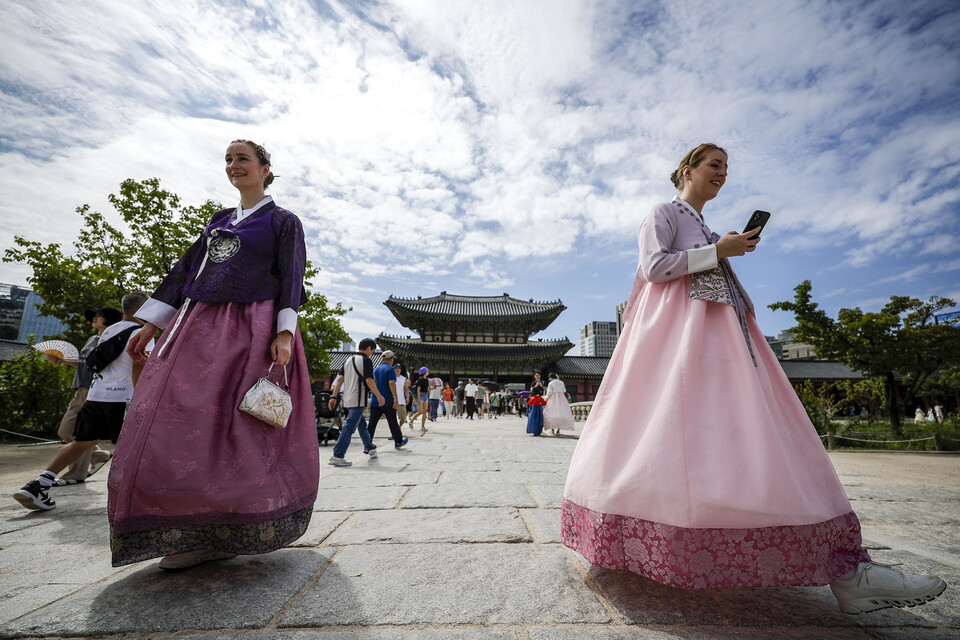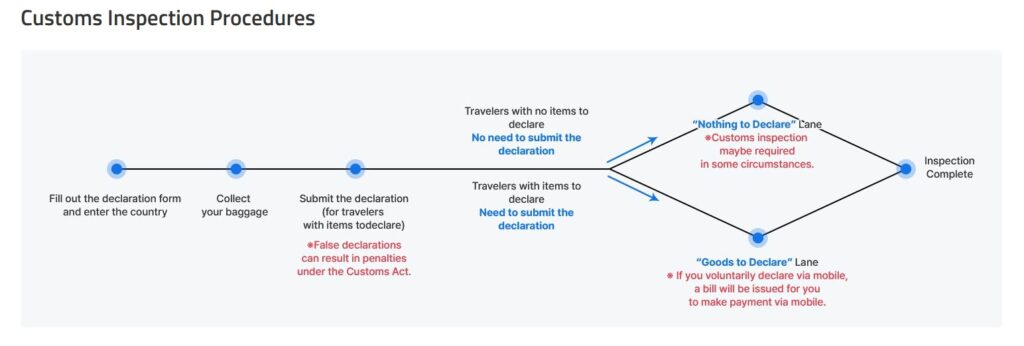Soobin is the leader of the popular K-pop boy group Tomorrow X Together (TXT), managed by Bighit Music Entertainment. Born Choi Soobin (최수빈) on December 5, 2000, in South Korea, he stands out as the tallest member of TXT at 185.4 cm (6’1’’)6.



Early Aspirations and Pre-Debut Journey
Soobin’s dream of becoming a singer began in middle school after he performed a dance routine at a school festival and received enthusiastic applause. He was a devoted fan of the girl group KARA and later BTS, whose influence inspired him to pursue an idol career. Bighit Entertainment was the only agency he auditioned for, and he became a trainee in March 2016, training for three years before debuting with TXT6.
Debut and Leadership
Soobin officially debuted as TXT’s leader on March 4, 2019, with the EP The Dream Chapter: STAR. Although not the oldest in the group, Soobin was unanimously chosen as leader by both the members and Bighit staff, thanks to his excellent communication skills and his ability to prioritize the well-being of his teammates. His leadership is often praised by fellow members, who highlight his dependability and considerate nature6.
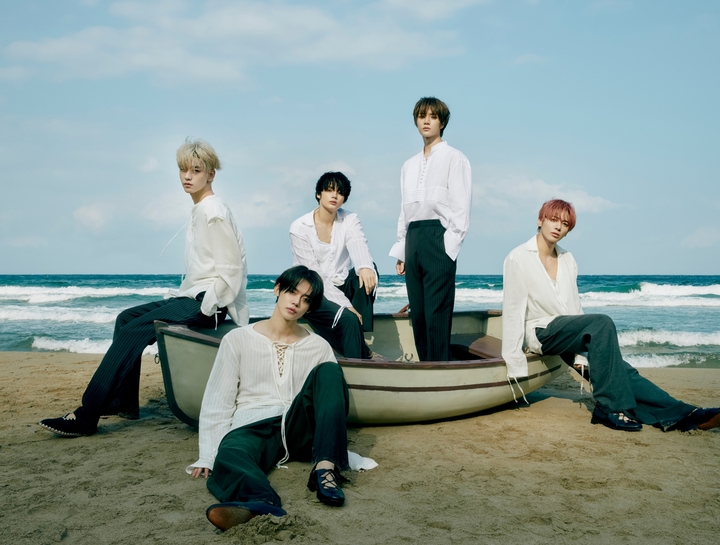
Career Highlights
- In 2020, Soobin was selected as the MC for KBS2’s Music Bank alongside Arin from Oh My Girl, earning the Best Couple Award at the KBS Entertainment Awards that year6.
- Soobin’s fancam for “Run Away,” where he wore a white Adidas jersey, went viral in Korea, earning him the nickname “that guy in the white Adidas”6.
- He is known for his mellow vocals, particularly in TXT’s dreamier tracks like “Fairy of Shampoo” and “Blue Hour.” In 2024, he released his first solo cover, “Forest” by Choi Yuree, accompanied by a music video6.



Personality and Image
Soobin is an ISFP and is recognized for his gentle, thoughtful leadership style. He is admired for taking care of his own emotions privately and always maintaining professionalism within the team. His tall stature and visuals have drawn comparisons to actors and other idols, further boosting his popularity6.
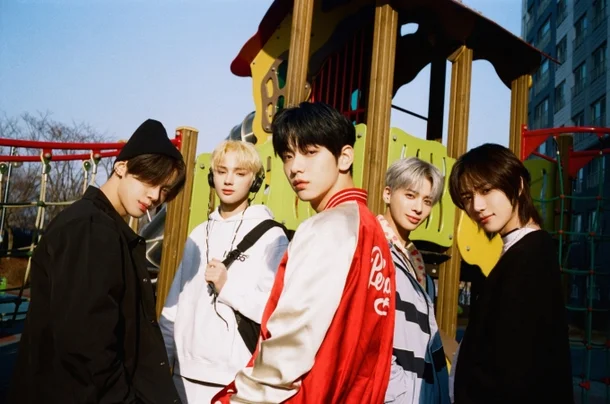
TXT and Soobin’s Ongoing Journey
Since their debut, TXT has achieved significant milestones, including topping charts in Korea and internationally, winning numerous rookie awards, and embarking on world tours3. Soobin continues to guide the group with warmth and dedication, making him a beloved figure among fans and peers alike.
Soobin’s journey from a passionate fan to a leading K-pop idol is a testament to his talent, hard work, and genuine character. As TXT’s leader, he remains a central figure in the group’s ongoing success and global appeal6.
